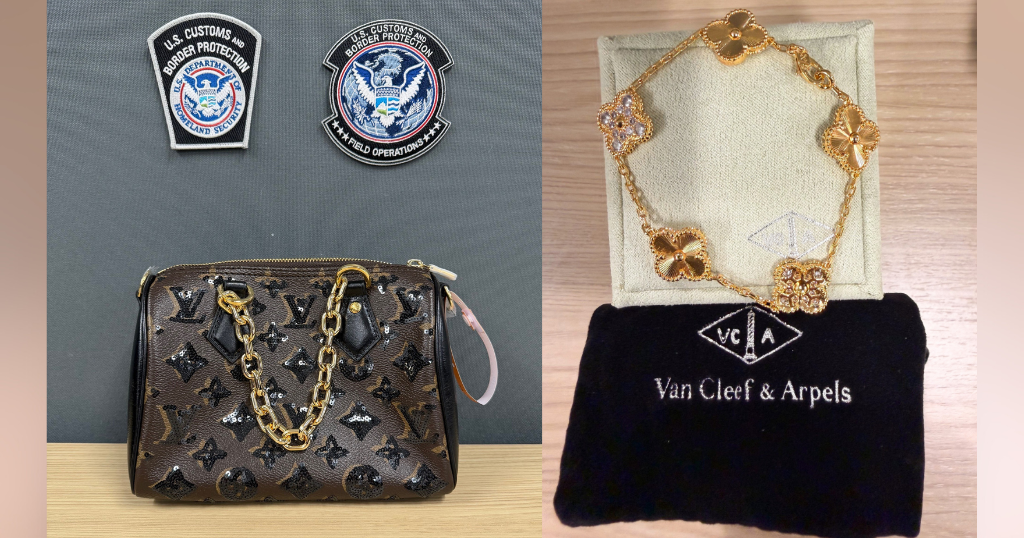Walmart rescinds policy of locking up multicultural hair products
Walmart is ending a long-standing policy under which some of its stores kept personal care products designed for people of color in locked display cases. The retailer's about-face comes after years of criticism of the practice, including a black shopper in Colorado this week who called it "ridiculous."
The company on Wednesday said it is abolishing the practice in place in about a dozen of its 4,700 stores nationwide and that it will no longer keep multicultural hair care and beauty products under lock and key.
"Like other retailers, the cases were put in place to deter shoplifters from some products such as electronics, automotive, cosmetics and other personal care products," Walmart said in a statement sent to CBS MoneyWatch.
Lauren Epps described a recent shopping trip to a local Walmart, telling CBS Denver: "The multicultural hair care is all locked behind the glass. That's so ridiculous." Her experience was echoed by others on social media, with one person declaring in a tweet that such an incident "happens repeatedly."
Walmart had previously defended its policy, saying the company doesn't tolerate discrimination of any kind and that any decisions regarding what products were subject to increased security were up to individual store managers.
Retailers locking away products geared to African-Americans has spurred petitions calling for an end to the practice, along with litigation. California resident Essie Grundy sued Walmart in 2018, accusing the retailer of racial discrimination after multiple visits to a store in Riverside County found "hair and body products meant for African-Americans" locked away, according to her lawsuit.
In 2019, another female California resident reported feeling singled out after finding black beauty and hair products locked in a glass case at a Walmart store in the city of Riverside.
The group Making Change at Walmart has also called on the retailer to stop locking up only African-American hair products at three stores in Virginia, calling the practice "discriminatory."



